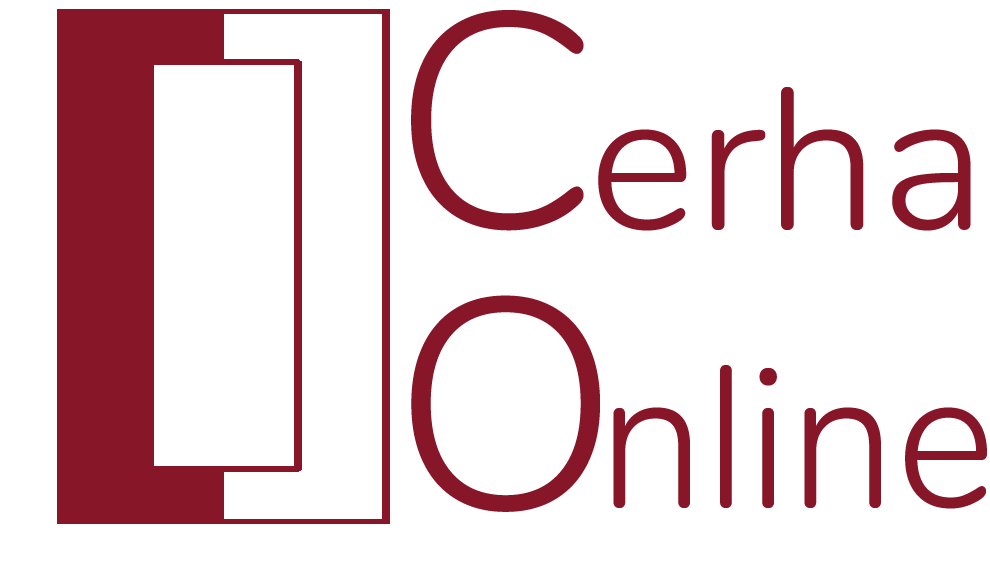The Art of Life
A Life of Art
Cerha's property
Nothing is more typical of Cerha’s way of life than pure green nature.
He loves plants, and in the 1960s settled in the small village of Maria Langegg, where he is surrounded by a sensual woodland.
He has left marks on the forest here and there—self-built stone monuments, for example.
Source: Christoph Fuchs
Cerha’s way of experiencing the world is inseparable from his views as an artist, and the two merge in many ways. What can be explored further, however, are the channels through which he learns and gains impressions. The people he has met over the course of his long life have shaped his outlook, from the tenacious caregivers of his childhood to like-minded colleagues and even harsh critics. The societal tensions he has experienced first-hand fostered an early maturity in his political outlook, which focuses on individuals and their existential needs. Cerha has always been inspired by literature. An enthusiastic reader, he is highly curious and unafraid of exploring and studying all kinds of phenomena. The “world of things” also casts a spell over him: His collection of found objects, from plants to everyday objects, is every bit as extensive as his library. He has often picked up pieces while traveling—where cultural spaces that sharpened his senses and broadened his viewpoint opened their doors to him.
